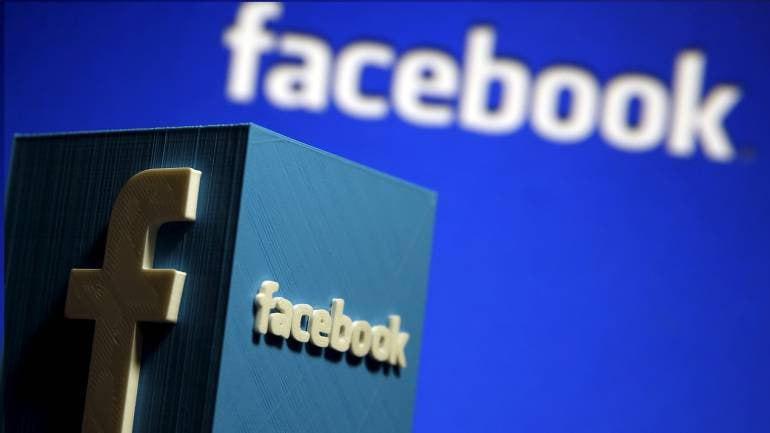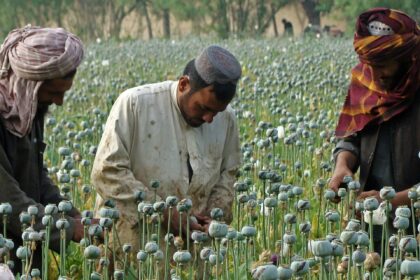RASC News Agency: Certain civil activists, intellectuals, and inhabitants of western Afghanistan allege that the Taliban, in an effort to obscure truths from the populace and suppress freedom of expression, are resorting to restricting and blocking Facebook. They contend that during their nearly three-year unlawful governance of Afghanistan, the Taliban have grown convinced that Facebook, more than other social platforms, undermines their operations.
Hamid Jamali, a civil activist in Farah province, informed RASC News Agency today, Sunday, May 12th, that “the Taliban leadership is as apprehensive of Facebook as they are of ISIS.” Highlighting the Taliban’s decision to disable the Facebook social network, Jamali underscored that the Taliban are well aware that Facebook has unveiled all the misdeeds of their faction, diminishing the Taliban’s reputation from 100 to zero both domestically and internationally. He also noted that, in addition to restricting certain media outlets, the Taliban have curtailed the role and activities of local and international media in Afghanistan’s provinces to thwart any exposure of the group’s members.
He stated, “One of the challenges facing Taliban leaders is the accessibility of Facebook to the people, which has inflicted significant damage to the reputation and credibility of their faction in the eyes of their superiors.” According to him, unethical photos and videos of Taliban members occasionally surface on social media platforms, particularly on Facebook, prompting senior officials of the group to question their dignity and credibility among their leaders.
However, Kamal Maroofi, an intellectual from western Afghanistan, informed RASC News Agency that the Taliban are currently under sanctions by Facebook. He expressed that Facebook has posed substantial challenges to many extremist and terrorist groups, constraining their activities. He remarked, “The Taliban are not only apprehensive of local, national, and international media but also wary of social media, especially Facebook.”
Maroofi continued that with all these factors, the leaders and influential individuals within the Taliban have concluded that they should presently block Facebook pages and ultimately other social media platforms to avert any further threat to them. He emphasized that the Taliban are now seeking the alignment of certain media outlets that echo Taliban ideologies and extensively portray their activities. Furthermore, some residents of Herat province confirm that currently, 98% of the Afghanistani population has access to social media, particularly Facebook.
Omid, a resident of Herat province, informed RASC News Agency that the people of Herat and elsewhere in Afghanistan no longer utilize television and radio for entertainment purposes. He added that since the emergence of social media, especially Facebook, access to the virtual realm has expanded among various segments of society. According to him, as long as Facebook, Instagram, TikTok, Likee, etc., endure, none of the members of society will pay heed to television and radio.
He explicitly stated that the majority of Facebook or other social media users in Afghanistan are between the ages of 13 and 65. Moreover, another resident of Badghis province informed RASC News Agency that although internet prices in Afghanistan are higher compared to neighboring or European countries, people from various walks of life still engage with the virtual realm in this scenario.
He further added that Facebook and other social media platforms have both positive and negative aspects, which are gratifying to many but regrettable for others. Central Taliban authorities in Afghanistan have not yet taken any decisive action regarding the blocking of Facebook or other social media platforms in Afghanistan.






